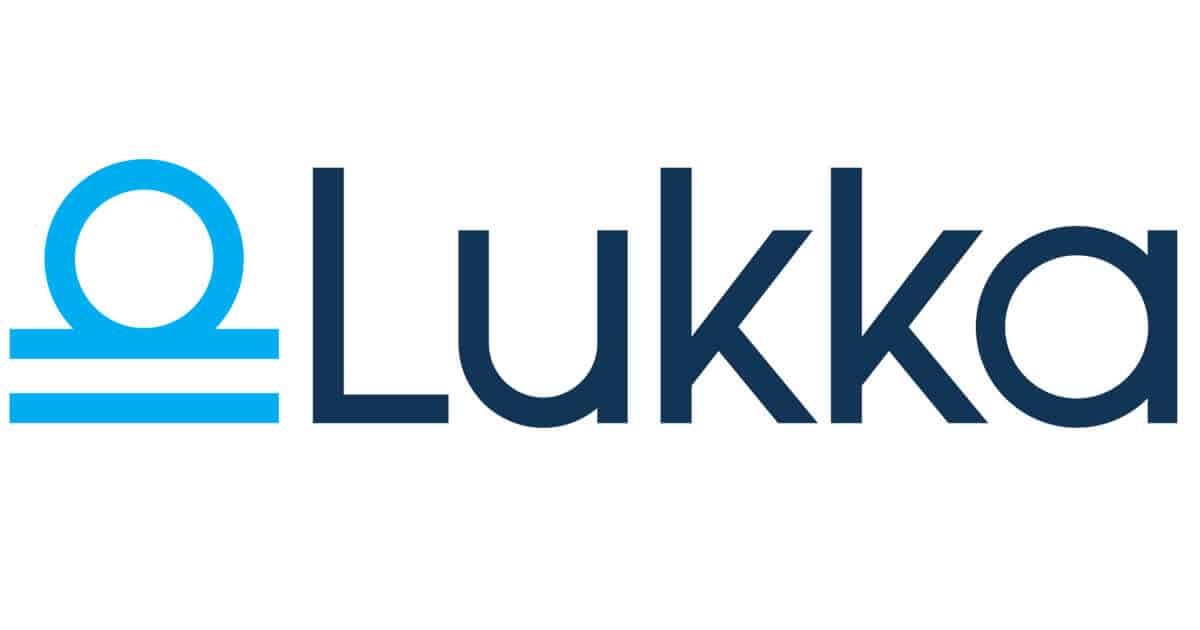Join Our Telegram channel to stay up to date on breaking news coverage
The European Central Bank (ECB) published a report on December 17 in which it highlighted the proof-of-concept (PoC) for its own central bank digital currency (CBDC).
Taking inspiration from Bitcoin
The CBDC of the European Central Bank borrows some features from Bitcoin, the largest digital currency in the world. In its new report, “Exploring anonymity in central bank digital currencies” the central bank talks about how a digital currency issued by a central bank could function. The CBDC research by ECB also highlighted a proof of concept for their Eurochain network, created by Accenture and R3. It has also discussed the pseudo-anonymity of the Bitcoin blockchain and how it could be used on Eurochain.
The 10-page report suggests that there could be limits on how much a user can spend without involving the anti-money laundering authorities. The CBDC will have “cash-like features” which will also come with a novel concept called “anonymity vouchers.”
The report suggests that the economy is moving quickly towards digitalization which is creating significant challenges for our payments ecosystem. It requires that a balance be struck between allowing a certain degree of privacy in electronic payments and ensuring compliance with regulations aimed at tackling money laundering and the financing of terrorism (AML/CFT regulations),” claims the report.
Rising central bank interest in digital currencies
ECB is not the only central bank interested in digital currencies. The US Federal Reserve has also shown considerable interest in blockchain. The People’s Bank of China (PBoC) is reportedly working on a digital currency of its own. ECB chief Christine Lagarde also talked acknowledged that there is a demand for stablecoins in the market.
The most interesting thing to notice with Eurochain is that it follows Bitcoin’s pseudo-anonymity features. Complete anonymity on a government and central bank-backed system could be difficult but a pseudonymous approach could be the best way forward. The report suggests that users cannot create a new wallet on their own. Instead, they will have to get a dedicated wallet via an intermediary like a bank.
The Eurochain project comes with various features that allow authorities to control CBDC volume and wallet access, similar to a bank account. However, we must note that countries like South Korea have warned of liquidity problems in CBDCs.
Not everyone in the crypto community is excited about the central banks’ interest in blockchain and digital currencies. Some suggest that a publicly accessible, transparent blockchain like Bitcoin is better than a government-controlled the blockchain.
Join Our Telegram channel to stay up to date on breaking news coverage



